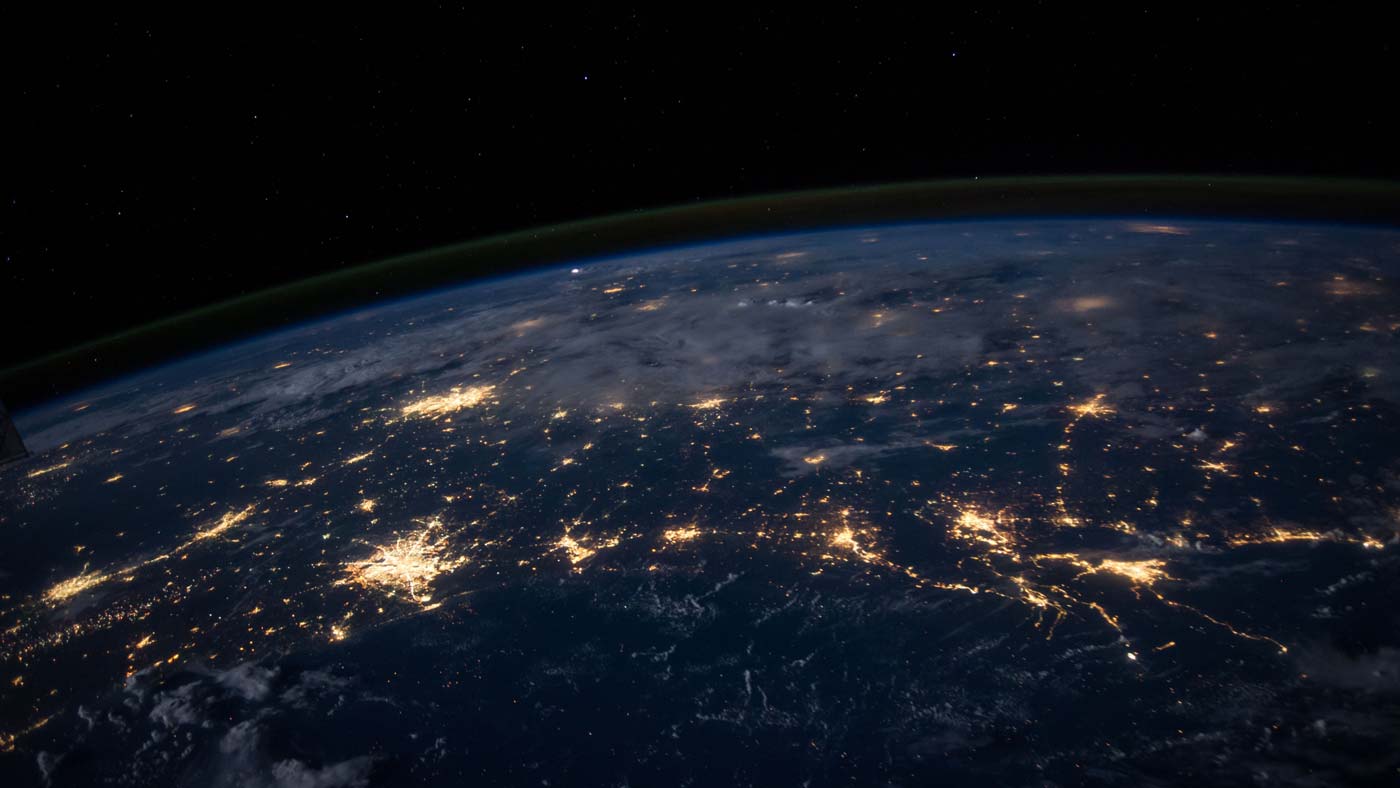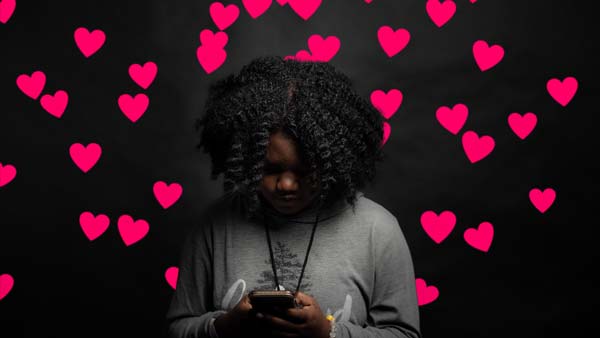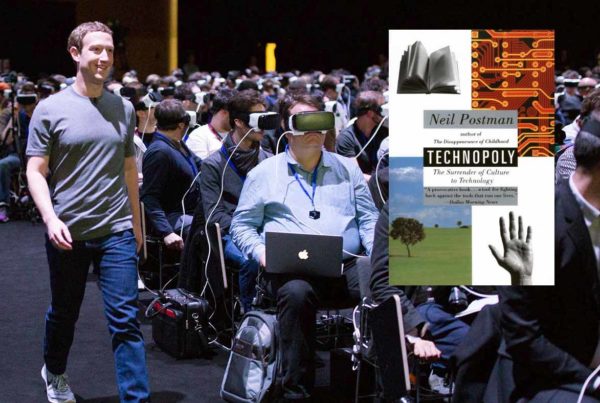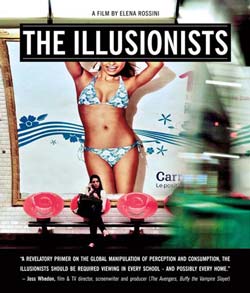Dear Realists,
Apologies for my silence and lack of posts over the past month, but since the outbreak of Coronavirus in Northern Italy, my ability to concentrate has been annihilated. I’ve only been able to carry on with my regular freelance film editing work, but anything else has been a challenge.
As some of you may know, I’m from Lombardy and my family – and many friends – live there. I typically fly there from Paris once or twice a month. Thinking of my parents in danger – Lombardy is the epicenter of the Coronavirus outbreak in Italy – has been tough. To compound the anxiety, I may not be able to see them for a long time, because of strict lockdown measures, border closings, flight and train cancellations and – most importantly – fear of being asymptomatic and potentially infecting them. The past month has felt as long as a YEAR.
I’m very fortunate, because so far my family is doing well and I have a phenomenal support system, with friends checking in with me daily. My dear friend Anne Ravanona, when I was at a low point last week, shared with me a post she had found that has gone viral in Spanish-speaking circles. It’s by an Italian psychologist called Francesca Morelli: she posted some observations about the lessons we can learn from Covid-19 on her Facebook account. The post was translated from Italian to Spanish and went viral in Spain. I had to do some digging around to find the original post. As far as I know, there have not been English translations, so I am re-posting it here. As an aside, as much as I loathe all things Facebook-related, this time I’m making an exception and linking to it.
Stay safe !
– Elena
I believe that the cosmos has its own way of rebalancing things and its laws, when they are disrupted. I’d like to share with you some observations.
The moment we are living in, full of anomalies and paradoxes, makes one think…
At a time when climate change caused by environmental disasters has reached alarming levels, China first of all, and many countries after it, are forced into a lockdown; the economy is collapsing, but pollution is dropping considerably. The quality of the air is improving; we have to use masks, but we can breathe…
In a historical moment in which certain discriminatory ideologies and policies, with strong references to a wretched past, are being rekindled all over the world, a virus arrives that makes us experience that, in an instant, we can become the discriminated, the segregated, the ones stuck at the border, those who carry diseases. Even if we are not to blame. Even if we are white, Westerners and traveling in business class.
In a society based on productivity and consumption, in which we all run for 14 hours a day chasing who knows what, without Saturdays or Sundays, with no more reds on the calendar, from one moment to the next, comes the stop.
Stopped, at home, for days and days. To reckon with time, whose value we have lost, if it is not measurable in compensation, in money.
Do we still know what to do with it?
In an era in which the raising of one’s children is, by necessity, often delegated to other people and institutions, the virus closes schools and forces them to find alternative solutions, to put parents back together with their children. It forces us to re-establish what a family is.
In an era where relationships, communication, socialization are carried out mainly in virtual spaces, on social networks that give us the illusion of closeness, the virus takes away real closeness: no touching, no kissing, no hugging, at a distance, in the coldness of non-contact. How much have we taken for granted these gestures and their meaning?
In a social phase in which thinking about oneself has become the norm, the virus sends us a clear message: the only way out of it is reciprocity, a sense of belonging, community, the feeling of being part of something bigger to take care of and that can take care of us. The shared responsibility, the feeling that the fate not only of you but of everyone around you depends on your actions. And that you depend on them.
So, let’s stop doing witch hunts, wondering whose fault it is or why all this happened. Instead, let’s wonder what we can learn from this. I think we all have a lot to think about and commit ourselves to.
Because, obviously, we are already indebted to the cosmos and its laws.
The virus is explaining this to us, at great cost.
– FM

Click here to subscribe to future blog posts: The Realists on Ghost.






